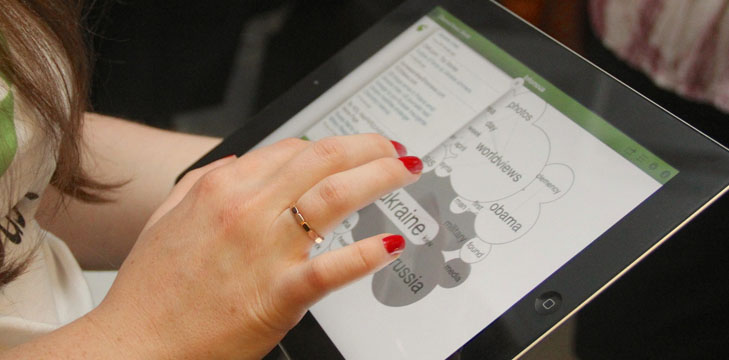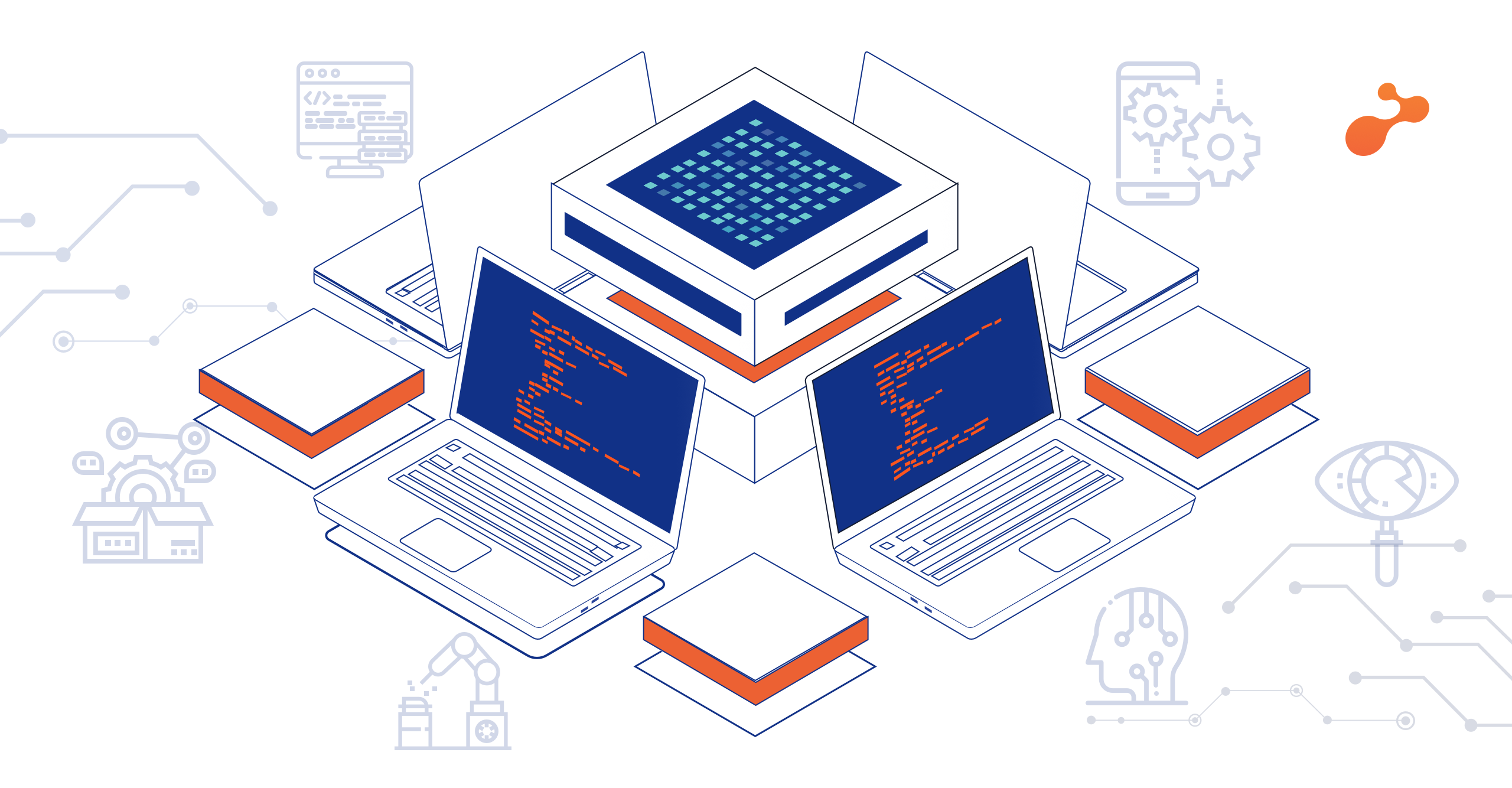The e-Learning space continues to grow strongly and attract students and businesses to its stables. A recent Docebo report has predicted that “The worldwide revenues for e-learning should reach $51.5 billion by 2016.” This means tremendous opportunities are available in this space.
Another trend which is boosting the e-learning space is the adoption of mobile devices which allow students to take these courses anytime, anywhere at their convenience. So, what does this entail for the likes of e-learning firms, IDs and technology evangelists?
The long drawn detraction that the e-learning industry has seen about technology and portability may finally be meeting its demise. If you happen to look for ‘cons of the e-learning industry’, almost every report or analysis is going to pounce at you with the claim that e-Learning tools can never go as portable as the printed medium. Some of the claims are partially true. Technology restrictions of emerging e-learning markets (Asia, Africa) do pose a challenge for learning companies. The limited bandwidth, slowness or non-existence of the internet in some areas make learning problematic and painful.
But the trends indicate tremendous hope and a possibility to remove this thorn from the flesh, for good.
With the emergence of mobile devices as the first computers for emerging economies, e-learning firms and course designers have realized that the courses themselves must sport different designs and structures. The cost-cutting solutions of making existing content run on a small screen will not cut much corner. Mobile phones and their smaller forthcoming brethren, the wearables, demand a design that makes true use of the mobile experience. While instructional designers have these battles to fight out, what do the techies have to do? Quite a lot.
The power of mobile computers and the rapidity of data flow in the network may be particularly variegated with BYOD taking the e-learning scene by storm. The Docebo report maintains that, “The new frontier to address is the trend towards BYOD -- where individuals take their personal (usually mobile) devices to workplaces. Increasingly, these seem to be being used to help their owners perform work activities (including formal training), both in and out of the workplace.”
The evangelists of mobile technologies must figure out a way to make the old and newly designed courses run efficiently on the plethora of mobile devices. Since not much can be done, to enhance the performance of the courses already designed by authoring tools, perhaps they can look at the network connectivity aspect more keenly. Offline access can completely transform the way e-learning firms disburse courses. It frees up the user in more ways to make his learning a very comfortable, immersive experience.
The challenge, needless to say, is also to ‘offline-ize’ the courses in a cheap way. There is not just BYOD to deal with, but also BYO-Authoring Tool and Standards. There are older standards that are still pervasive and newer ones that are gradually being adopted. There are a wide range of authoring tools to create courses in, not to forget the multitude of Learning Management Systems (LMS) out there. In this entire dynamic tech ecosystem, a solution that can address offline needs while not meddling too much with the existing flow of things, can emerge as a force to contend with.
e-learning is meeting the trends of mobile adoption very well. How things go ahead from here, will determine if we can continue to leverage the power and reach of the mobile in the best way possible.






